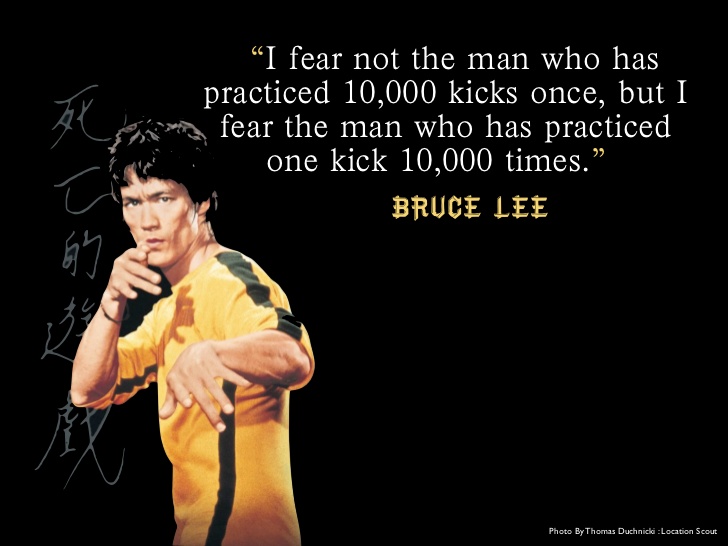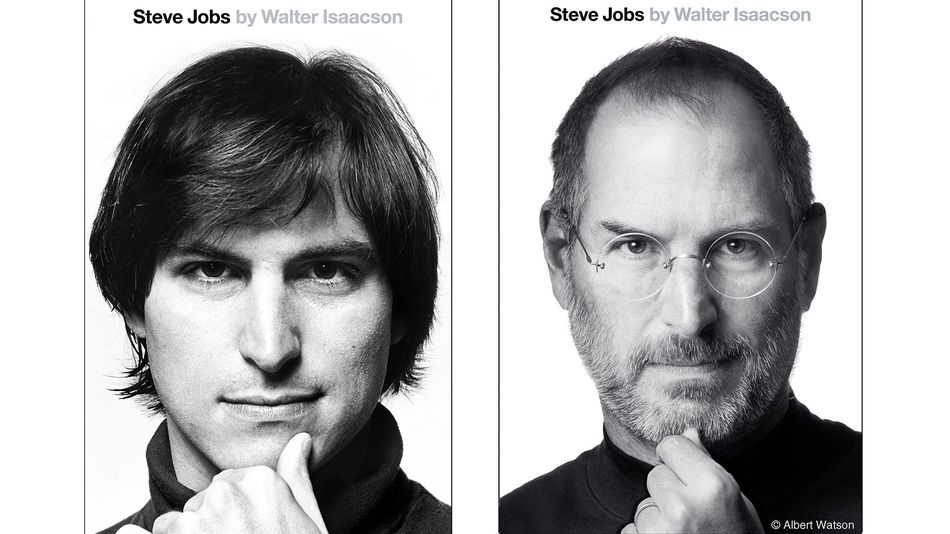Written by Ken Blanchard of “The One Minute Manager” fame, together with his co-authors John Britt, Pat Zigarmi and Judd Hoekstra, “Who Killed Change?” is a whodunnit with a business twist. The slim volume is easily read in one sitting and imbues one with useful pointers when implementing change management.
The plot goes like this. Somebody in the ACME organisation has killed Change. In this case, Change of course represents Change Management – a very necessary ingredient for enduring organisational effectiveness when things no longer become business as usual.










